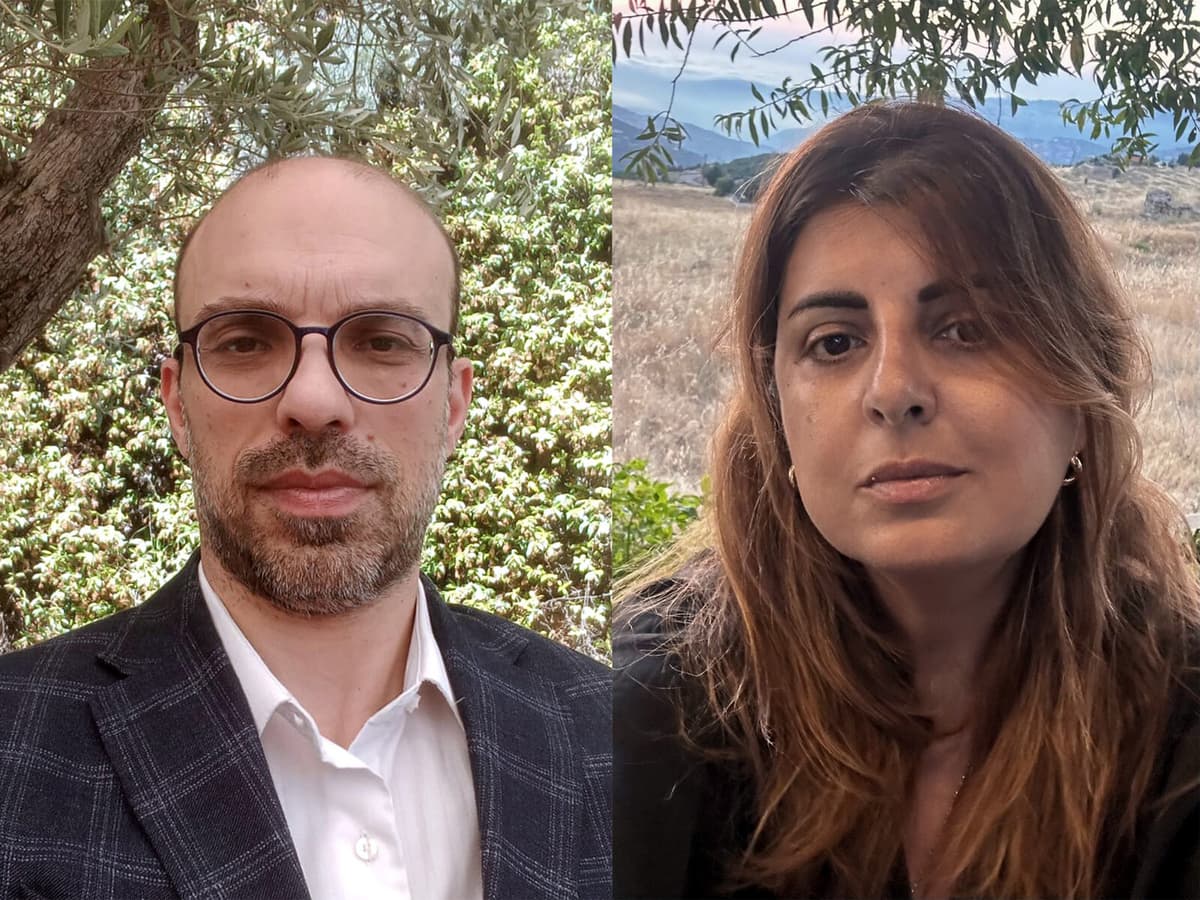Jumanah Zabaneh, 48, feels a certain anxiety when she talks to TT on the phone from Beirut, after Tuesday's explosions.
What happened makes us all afraid of our own electronic devices, she says.
I'm talking on my mobile phone now and it's as if it could explode at any moment, if something had happened.
When the explosions occurred across the country on Tuesday, her family quickly unplugged all cables and removed batteries from devices at home.
Sirens all night
The family lives between two of Beirut's two largest hospitals. During the night to Wednesday, they were kept awake by persistent ambulance sirens.
It's hard to explain to my children: What's happening, why, and this public campaign to donate blood. People are going to give blood, people are in need of blood, you see blood everywhere, says Jumanah Zabaneh.
When her daughters, 9 and 11 years old, have asked why they can't go to school, she has said that it's because Israel has launched an attack and hurt many people.
And that the hospitals are full and that there will be a lot of traffic. And that many people are mourning or are busy taking care of their loved ones, says Zabaneh, who doesn't want to say more and risk making the children afraid of their phones and tablets.
That the attack could be said to have been entirely directed against the Islamist movement Hezbollah doesn't impress her much:
Some devices exploded in people's homes, on street markets, in grocery stores. Children were killed.
Rushed home in fear
The confusion was great at first, says Beirut resident Mohamad Halabi to TT over the phone.
We thought that all pagers would explode, and feared that it could also happen to mobile phones, says the 48-year-old father of two.
Halabi rushed home from work in fear. In his car, he was passed by numerous motorcycles with injured or bandaged people on their way to or from hospitals.
There was a lot of traffic and congestion. I hoped that nothing would happen before I had managed to get home and removed the phones from my children.
The picture of what happened began to clear up later, but he didn't let his teenage daughters watch TV in the evening so they wouldn't get scared. Everyone is already afraid, says Halabi:
For my part, I realized that if something were to happen, if war were to break out here, we might not be able to get medical care at hospitals and would have to take care of ourselves.
On Tuesday afternoon, large quantities of pagers suddenly exploded, allegedly belonging to members of the extremist Islamist Hezbollah movement in Lebanon.
The explosions occurred simultaneously in several areas of Lebanon, as well as in Syria.
In many places, the explosions occurred in public areas in the middle of the afternoon rush, when many people were buying groceries, sitting in cafes, or were in traffic.
At least 2,750 people were injured, according to Lebanese healthcare. At least nine people have been killed, including a girl.
Hezbollah points to Israel as responsible, which is supported by source information in international media reports. The events have not been commented on from an Israeli perspective.
On Wednesday, further explosions occurred in Lebanon. According to local authorities, the explosions are linked to walkie-talkies used by Hezbollah.
Since the war in Gaza broke out on October 7, with Hamas' terrorist attack, Israel and Hezbollah have been attacking each other on a daily basis. Several leading politicians in Israel have recently advocated for full-scale war against Hezbollah, which is a much larger and better-equipped enemy than Hamas in Gaza.






